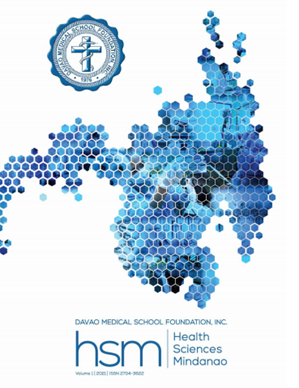Knowledge Gaps in the Transmission Dynamics of Chikungunya In the Davao Region
AUTHOR
Maria Catherine B. Otero, MSPH
https://orcid.org/0000-0003-4066-1981
LETTER TO EDITOR
Chikungunya (CHIK), like Dengue Fever, is characterized by abrupt onset of high fever, rashes, and polyarthalgia. The casual microorganism, Chikungunya virus (CHIKV), is a mosquito-borned Alphavirus with Aedes aeypti and Aedes albopictus as vectors. CHIK is one of the important endemic arboviral diseases in the Philippines and considered as a nationally notifiable disease. A total of 8,920 cases were reported in the country from January 2016 to March 2018.
Chikungunya virus (CHIKV) is transmitted through two cycles. The enzootic or sylvatic cycle involving forest mosquitoes, non-human primates (NHPs) and an urban epidemic cycle or the human-mosquito-human-transmission. Both cycles have been reported in the Philippines and Malaysia. The transmission of Chikungunya in the Philippines is episodic with no new diseases in between outbreaks.
In this paper, we identify the knowledge gaps in the CHIKV transmission dynamics in the Davao Region by reviewing the available recent scientific literature and existing preliminary data.


